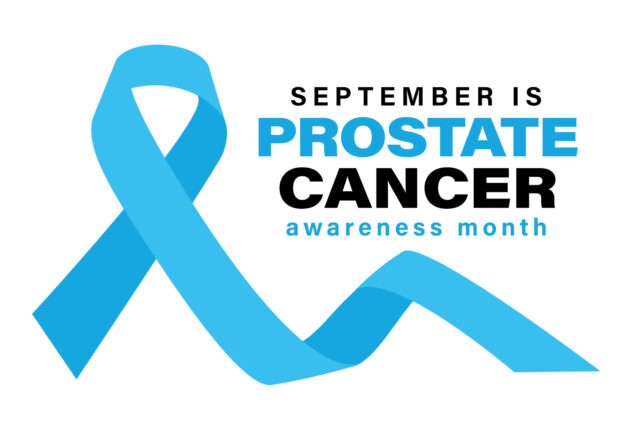What every man should know about prostate cancer
Prostate cancer is the most common type of cancer found in American men after skin cancer, and it is the second leading cause of cancer deaths in men.…

Update your location to show providers, locations, and services closest to you.
Cryotherapy is a minimally invasive procedure that uses extreme cold to freeze and destroy cancerous cells. This treatment is offered by University of Florida urologists at UF Health Jacksonville as an option to treat prostate and kidney cancer.
UF surgeons offer the latest generation of cryotherapy, which incorporates technological advances such as real-time ultrasonography, exceptional temperature monitoring and computer-assisted treatment. As a result, surgical complications from this procedure have decreased to an almost negligible rate.
During the procedure, the patient is under anesthesia. An ultrasound probe is placed in the rectum and surgeons use ultrasound technology to guide needle-sized applicators, called cryoprobes, to the prostate. For treatment of prostate cancer, the applicators are inserted through the perineum (area between the scrotum and anus) and into the prostate. Once the applicators are in the prostate, argon gas is released to create temperatures 40 degrees below zero Centigrade to freeze the diseased cells. To prevent the urethra from freezing, a catheter is put inside the urethra and filled with a warm solution. The physician monitors the patient using temperature probes to ensure protection of healthy tissue.
Once the diseased tissues are frozen, they are allowed to thaw and are then refrozen. This freeze-thaw cycle is repeated to kill all cancerous cells and prevent the recurrence of cancer. Typically, the procedure lasts about two hours. Afterwards, the patient keeps a urinary catheter in place for one to two weeks to allow swelling to subside. Patients can resume normal activities within two to three days and can expect full recovery within four weeks. The patient will follow up with the physician in three months to undergo additional exams and tests to determine whether all of the cancerous cells were destroyed. If not, the procedure may have to be repeated a second time, or the patient may choose radiation therapy.
Unlike radiation therapy that requires daily treatment visits for six to eight weeks, cryotherapy is a single procedure that can be administered in an outpatient setting. In addition, cryotherapy's cancer control rates are comparable to external beam radiation. Compared to invasive surgical treatment for prostate cancer (radical prostatectomy), cryotherapy results in very little blood loss.
A disadvantage of cryotherapy is that it may have to be repeated if all of the cancerous cells weren't destroyed as a result of the first treatment. In addition, this procedure has the potential to cause permanent erectile dysfunction, incontinence or injury to the rectum or urethra.
Laparoscopic-guided kidney cryosurgery is a two- to three-hour procedure and is performed under general anesthesia. The standard laparoscopic technique is used as the surgeon makes three to four small incisions. These incisions will allow the surgeon full view of the target area. A laparoscopic ultrasound probe is used to monitor the placement of the cryoablation needles into the tumor. In addition, the ultrasound probe is used to monitor the tumor during the double freeze-thaw cycle, which ensures elimination of the entire tumor and to minimize damage to any surrounding tissue.
Another minimally invasive approach offered at UF Health Jacksonville for treatment of kidney cancer is percutaneous cryoablation. This procedure doesn't require any incisions to perform. Cryoablation needles are inserted directly through the skin and are stabilized in the tumor under the guidance of CT, MRI or ultrasound. This operation is usually performed under general anesthesia, but can be done under mild sedation. Percutaneous cryoablation is one of the least invasive approaches for treating kidney cancer. However, whether percutaneous cryoablation can be done is dependent on the location of the tumor in relation to other important surrounding structures, such as the bowels. Physicians usually recommend an overnight hospital stay after cryotherapy of kidney tumors.





Prostate cancer is the most common type of cancer found in American men after skin cancer, and it is the second leading cause of cancer deaths in men.…

Prostate cancer is the most common type of cancer found in American men after skin cancer, and it is the second leading cause of cancer deaths in men.…
